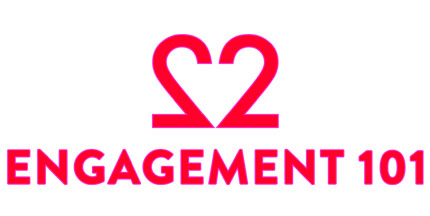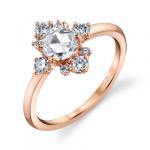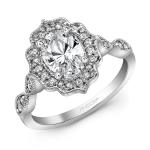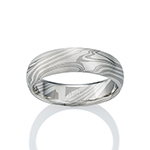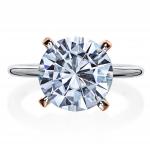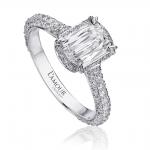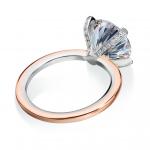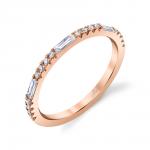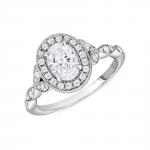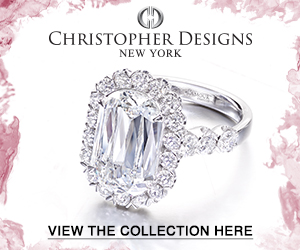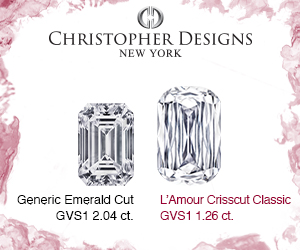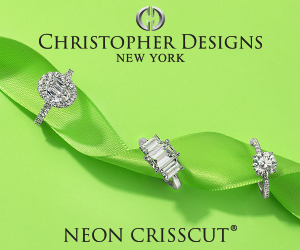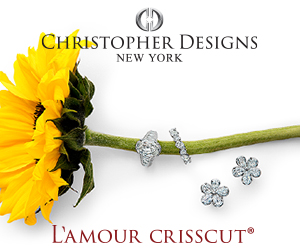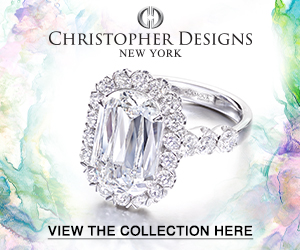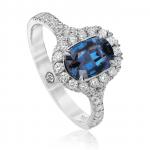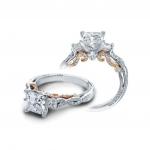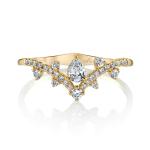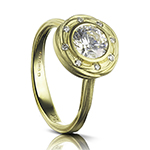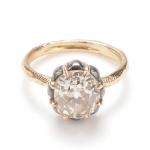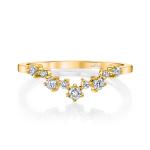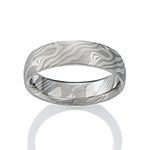Even with the Internet as a resource, it’s not unusual for couples—or guys alone—to walk into a jewelry store with no clue about what they want. Ask to see these popular setting styles:
| SETTING | DESCRIPTION |
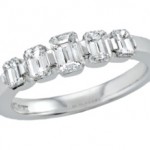 |
BarThe stones in a bar setting are held by slim, vertical bars of metal between each stone. This setting accentuates the metal without obscuring the stones. (Diaco Diamonds) |
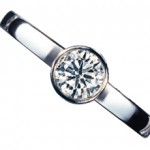 |
BezelA bezel-set stone is completely surrounded by metal and is, therefore, very secure. An alternative is a half-bezel where only two sides of the stone are surrounded. (Cartier) |
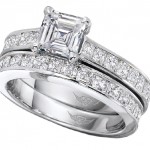 |
ChannelIn a channel setting, the stones are set into a groove in the band of the ring. Channel set stones have no metal separating them, which adds to their radiance. (Martin Flyer) |
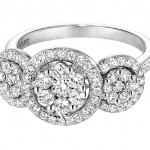 |
ClusterWith the cluster setting, several smaller stones are grouped together, often surrounding a larger center stone, to give the illusion of one large stone. (Gabriel and Co.) |
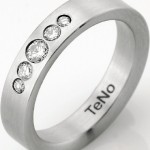 |
FlushThe stones are embedded into the band of a flush setting, giving the ring a contemporary feel. Flush-set stones are protected since they are level with the band. (Teno) |
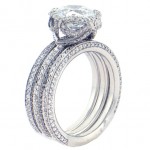 |
PaveTiny diamonds cover the surface of the ring and contribute to its overall sparkle. The price of the ring usually reflects the time-consuming nature of this setting. (Rhonda Faber Green) |
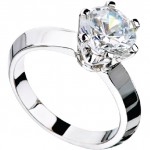 |
ProngThe prong setting is one of the most popular and common settings. This setting highlights the stone and allows in more light, emphasizing the stone’s brilliance. (Oro Diamante) |
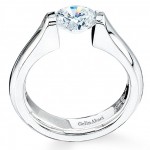 |
TensionSince the stone appears to float between the metal holding it in place, a tension setting shows off the stone to perfection. These rings can’t be easily resized. (GelinAbaci) |
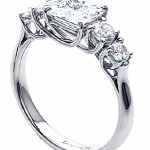 |
TrellisThe trellis setting looks like a typical prong setting from above, but, when viewed from the side, the four interlaced prongs add a beautiful elegance to the ring. (Designs by Vatche) |






